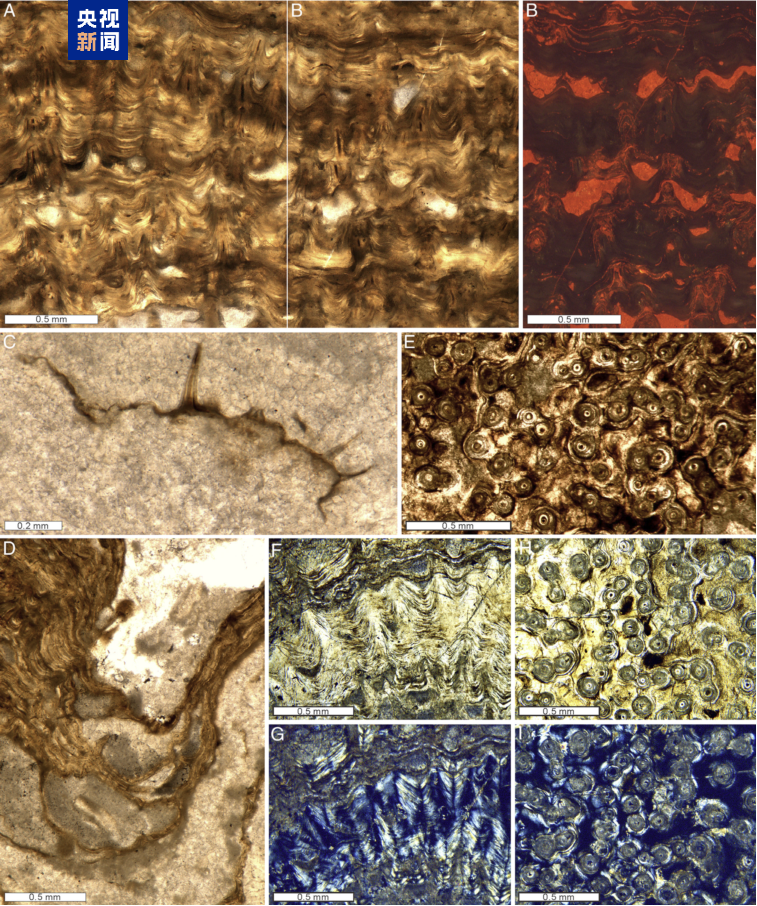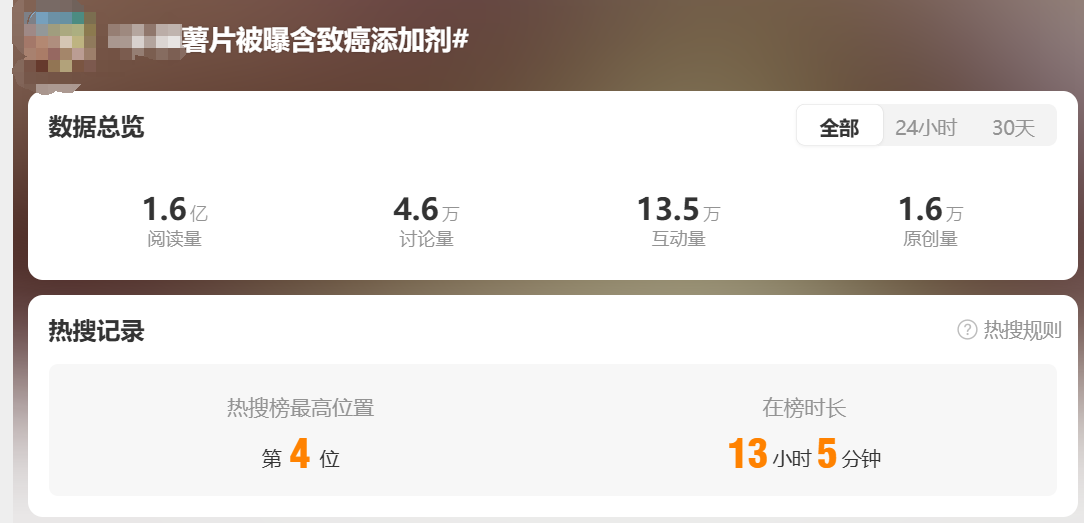The flowers will bloom in spring. From rapeseed flowers in Wuyuan, Jiangxi to cherry blossoms at Wuhan University; from apricot flowers in Yili, Xinjiang to tulips in Taiziwan, Hangzhou... These flower-viewing resorts attract a large number of tourists every year. With the vigorous development of county tourism, the connotation and extension of flower viewing have also been continuously expanded, and have gradually integrated and developed with other industries such as food, study, camping, events, and travel photography, giving birth to a remarkable "flower viewing economy".
Developing the "flower-appreciating economy" can promote rural revitalization and activate consumption potential. The "flower-appreciation economy" takes flower landscape as the core. By integrating ecology, culture, tourism and other resources, it breaks through the development model of traditional agriculture and achieves a value leap. When tourists take photos and check in among the flowers, taste the flower feast in the farmhouse, and ride and run in the sea of flowers, the boundaries of traditional agriculture are constantly broken, and gradually form the "flower appreciation +" effect of "flowers bloom and all industries prosper". The woven flower viewing tourists have driven the development of local catering, accommodation and transportation, and forced the improvement of urban and rural infrastructure. At the same time, in the season when flowers are in full bloom, some farmers can find employment at their doorstep and sell their own agricultural products. Taking Wuyuan, Jiangxi as an example, according to the local tourism department, Wuyuan County will receive more than 5.3 million tourists in the rapeseed flower viewing season in 2025, driving a comprehensive tourism revenue of more than 5 billion yuan. This feast named "flowers" is like a "golden key", which not only opens up the channel for the transformation of green waters and green mountains to gold and silver mountains, but also activates the surging momentum of cultural and tourism consumption.
At present, the "flower-viewing economy" in some regions faces difficulties such as "the flowering period is full, the flowers fade away, and the city is empty" and "a thousand flowers are the same as one side". On the one hand, the "flower-viewing economy" is rooted in agricultural production, and inevitably has the fragility of "relying on the weather to make a living"; on the other hand, flowers do not have a hundred days of red color, and once the flowering period passes, the "flower-viewing economy" may face a cliff-like decline in tourists. To solve the development difficulties of the "flower-appreciation economy" in some regions, we can promote the transformation of the "flower-appreciation economy" from "resource dependence" to "value symbiosis" through technological assistance, cultural empowerment, industrial integration, etc., and then achieve "invincible flowers". For example, Chengdu Manhua Manor uses technological means to accurately control environmental conditions such as temperature, humidity, and light to create a suitable growth environment for flowers, so that the roses and other flowers in the manor can bloom all year round; Chengdu Longquanyi District combines peach blossoms with cultural elements, and launches immersive experience projects such as "Peach Culture Theme Script Killing" and "Ancient Style Flower Festival" during the Peach Blossom Festival, upgrading traditional flower viewing activities to cultural carnivals to attract tourists to experience.
The rise of the "flower-appreciating economy" is a vivid footnote to the statement that "green water and green mountains are gold and silver mountains". In the future, with the development and growth of the "flower-appreciation economy", this "sea of flowers" will also release stronger economic momentum, allowing every ray of flower fragrance to float towards the spring of high-quality development. (Dai Junshuai Huang Xinqi)




